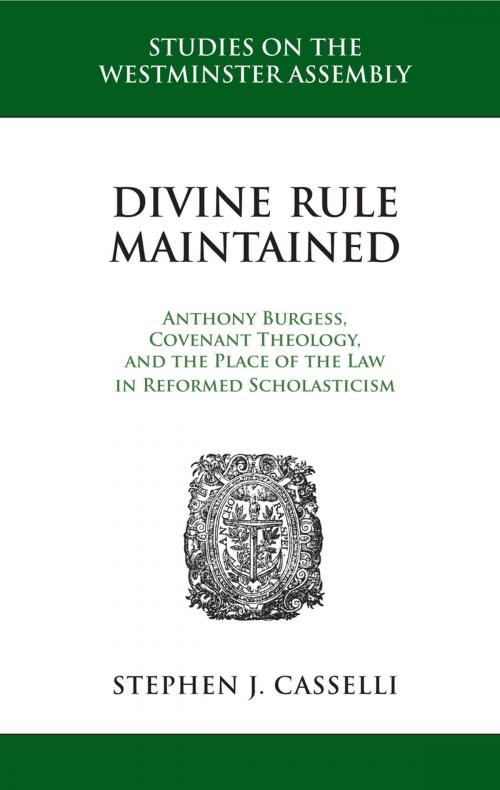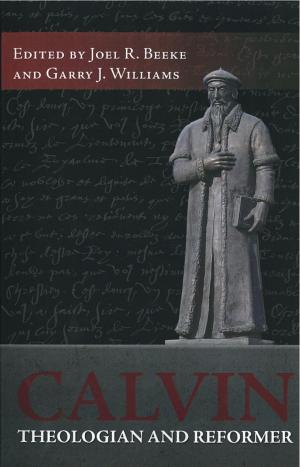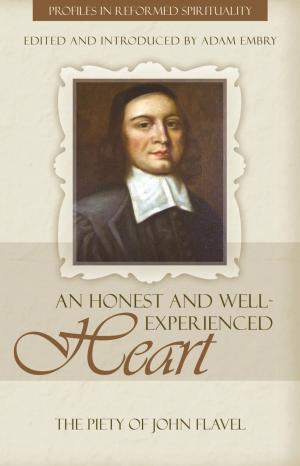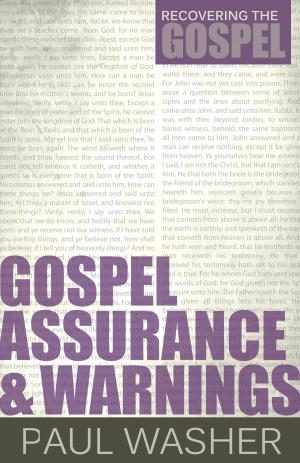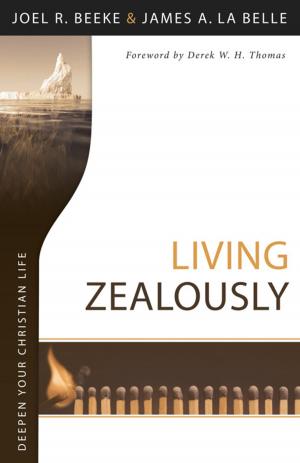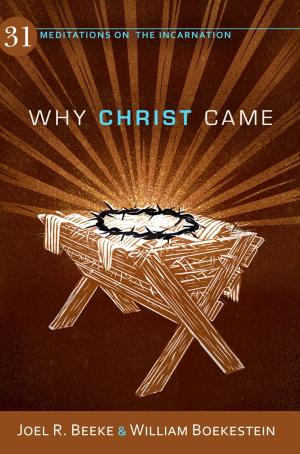| Author: | Stephen J. Casselli | ISBN: | 9781601783516 |
| Publisher: | Reformation Heritage Books | Publication: | February 5, 2015 |
| Imprint: | Language: | English |
| Author: | Stephen J. Casselli |
| ISBN: | 9781601783516 |
| Publisher: | Reformation Heritage Books |
| Publication: | February 5, 2015 |
| Imprint: | |
| Language: | English |
In Divine Rule Maintained, Stephen J. Casselli provides us with a window into the exegetical and theological underpinnings of the Westminster Confession’s chapter on the law by delivering an in-depth analysis of Anthony Burgess’s Vindiciae Legis. After a brief introduction to Burgess and his historical context, Casselli details the logical course of Burgess’s book considering the law as given to Adam, the law given to Moses, and finally the proper relation between law and gospel. Along the way, Casselli opens up such controverted points as natural law, the covenant of works, the continuing obligation to the moral law, and the diverse administrations of one unified covenant of grace. What we see is a pastoral theology developed in a richly complex environment where technical distinctions were warranted given the polemical context; where the broad history of the Western catholic tradition was deeply respected; where a covenantal hermeneutic was consistently applied to Scripture; and where all theological formulations grew out of detailed linguistic exegesis of particular texts of Scripture in the context of the broader ecclesiastical community.
In Divine Rule Maintained, Stephen J. Casselli provides us with a window into the exegetical and theological underpinnings of the Westminster Confession’s chapter on the law by delivering an in-depth analysis of Anthony Burgess’s Vindiciae Legis. After a brief introduction to Burgess and his historical context, Casselli details the logical course of Burgess’s book considering the law as given to Adam, the law given to Moses, and finally the proper relation between law and gospel. Along the way, Casselli opens up such controverted points as natural law, the covenant of works, the continuing obligation to the moral law, and the diverse administrations of one unified covenant of grace. What we see is a pastoral theology developed in a richly complex environment where technical distinctions were warranted given the polemical context; where the broad history of the Western catholic tradition was deeply respected; where a covenantal hermeneutic was consistently applied to Scripture; and where all theological formulations grew out of detailed linguistic exegesis of particular texts of Scripture in the context of the broader ecclesiastical community.
